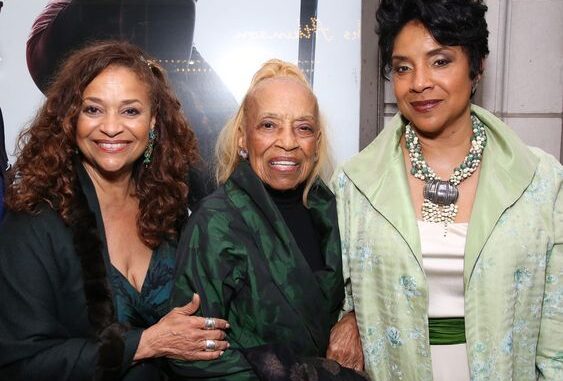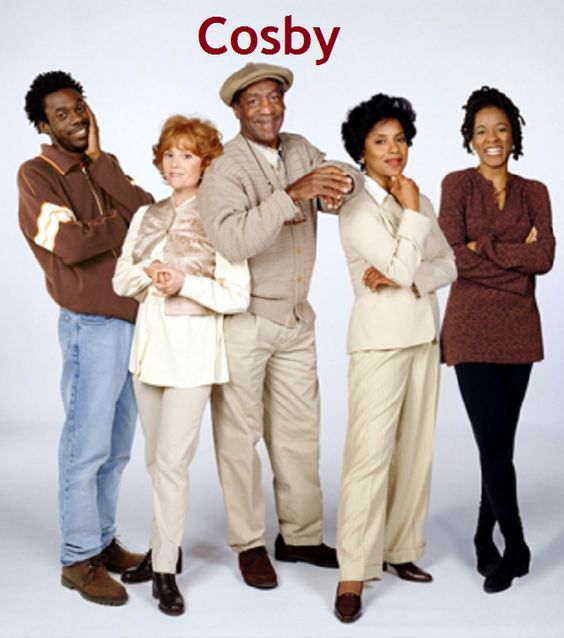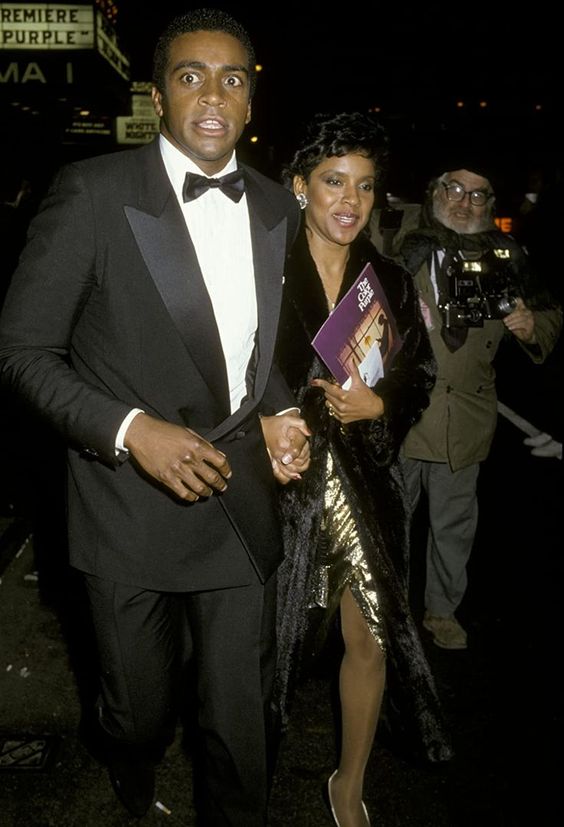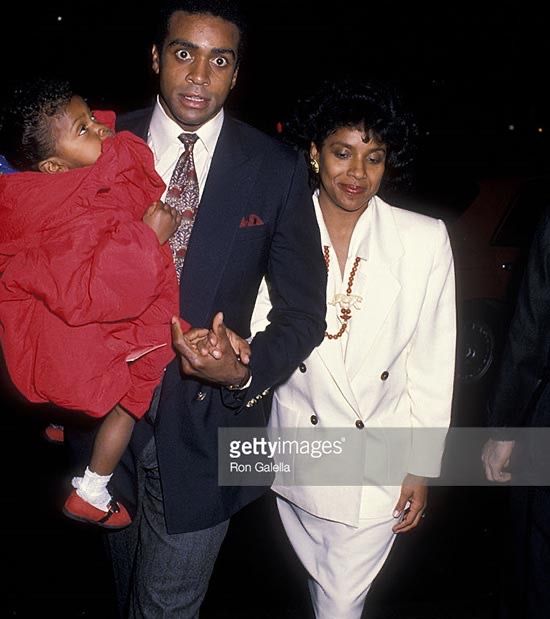
Debbie Allen and Phylicia Rashad celebrate their mother’s legacy with NASA
Last week, NASA honored the women of the Apollo missions, including Debbie Allen and Phylicia Rashad’s mother, Vivian Ayers Allen.
There’s something so special about giving Black women their well-deserved flowers. Most recently, the National Aeronautics and Space Administration (NASA) honored the many women behind the Apollo 11 mission, which successfully allowed humans to travel to the moon and back in the late 1960s.
On July 19, NASA renamed its Johnson Space Center building the “Dorothy Vaughan Center in Honor of Women of Apollo.”
“On behalf of NASA’s Johnson Space Center, we are proud to host this historic event as the agency honors the significant contributions women have made to the space industry, particularly trailblazers who persevered against many challenges of their era,” NASA Johnson Director Vanessa Wyche said in a press release.
Though the award-winning 2016 film “Hidden Figures” focused on the stories of Katherine Johnson, Dorothy Vaughan and Mary Jackson, there were a number of other women who were recognized for their contributions to the NASA projects. Amongst them is Vivian Ayers Allen, mother of Debbie Allen and Phylicia Rashad. Called a “true Renaissance woman” by Debbie, Vivian is not only a Pulitzer Prize-nominated poet but a cultural activist and American classicist. For her famed long-form poem “Hawk,” which correlated space flight with the earthly quest for freedom, Vivian was recognized by NASA, which exhibited reproductions of her work at the Lyndon B. Johnson Space Center.
In honor of the building’s renaming, Rashad and Allen visited NASA to see their mother celebrated as a “hidden figure of the Apollo 11 mission,” Allen wrote in an Instagram post recapping the celebration.
“This weekend, we had the incredible honor of celebrating our mother, Vivian Ayers Allen, at NASA for being one of the Hidden Figures of the Apollo 11 Space Mission! Our hearts are overflowing with pride and gratitude,” she captioned the post. “A special thank you to NASA and the director of the Johnson Space Center, Vanessa E. Wyche, for having us!”
Both sisters credit their mother, who turned 100 in July 2023, with their love and appreciation for the arts.
“As a child, it was amazing to have my mother — and somewhat disconcerting at times, because she wasn’t like other mothers. Other mothers didn’t get up at three o’clock in the morning to write. My mother did, every day,” Rashad said, as previously reported by theGrio. “It was my mother who gave us a real appreciation for art and literature as living things, not just as something hung on the wall or placed on the shelf — an appreciation for ideas and the power of thought and human intention.”
Just as NASA has made significant technological advances since Apollo 11, it has made strides in diversity. As previously reported by theGrio, in 2023 the administration announced a new program, Artemis, which will send a fleet of astronauts to the moon, including the first Black man and first woman.
“As we prepare to return to the Moon for long-term science and exploration, NASA’s Artemis missions will land the first woman and first person of color on the Moon,” Wyche added. “It’s a privilege to dedicate Johnson’s Building 12 to the innovative women who laid the foundation to our nation’s space program.”
